KUALA LUMPUR, September 23, 2025 – The China (Shandong) – Malaysia Economic and Trade Cooperation Conference was successfully convened at W Hotel in Kuala Lumpur, Malaysia.
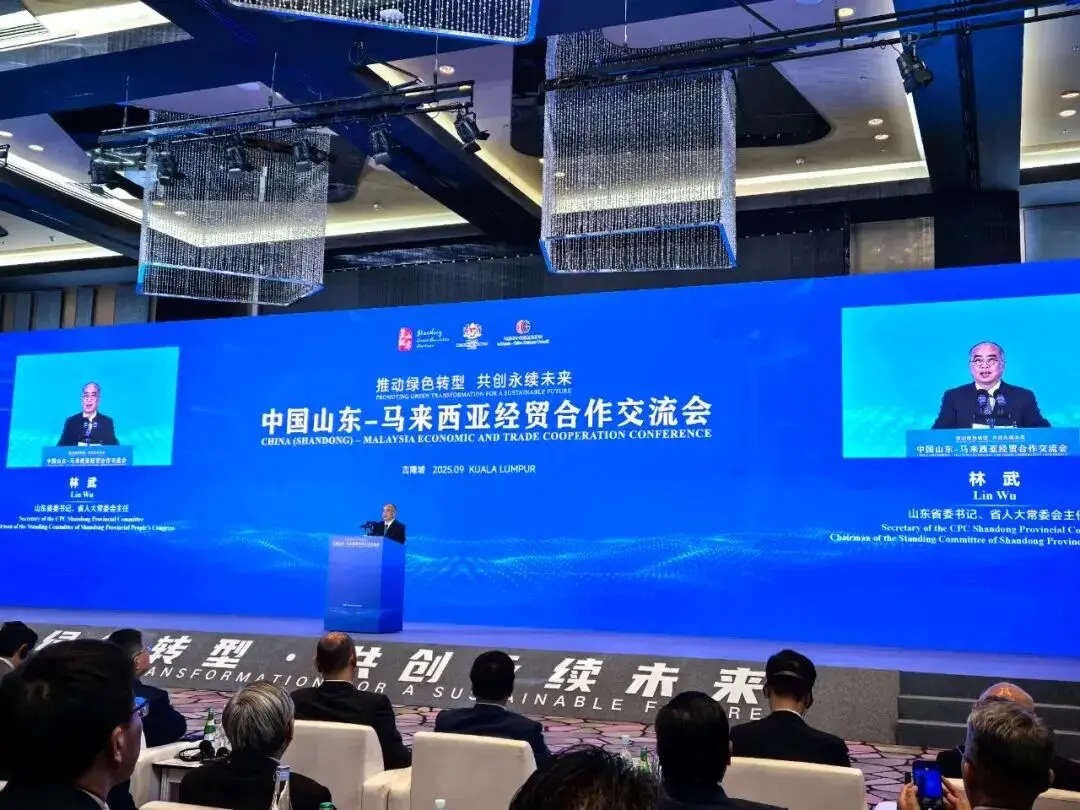
The event featured addresses and speeches by distinguished guests including Mr. Lin Wu, Secretary of the Shandong Provincial Committee of the Communist Party of China and Director of the Standing Committee of the Shandong Provincial People’s Congress; Mr. Fan Bo, Standing Committee Member of the Shandong Provincial Party Committee and Secretary-General; Mr. Zheng Xuefang, Chargé d’Affaires ad interim of the Embassy of the People’s Republic of China in Malaysia; YB Mr. Chang Lih Kang, Minister of Science, Technology and Innovation of Malaysia; Tan Sri Dato’ Sri Dr. Low Kian Chuan, Chairman of the Malaysia-China Business Council; Mr. Rashidi Said, Senior Director of the Bilateral Economic Relations Division, Ministry of Investment, Trade and Industry of Malaysia; and Dato’ Ng Yek Pyu, President of the Associated Chinese Chambers of Commerce and Industry of Malaysia. Senior officials from relevant cities in Shandong Province and heads of relevant provincial departments also attended the meeting.
This Conference was a significant event during the Shandong Economic and Trade Delegation’s visit to Malaysia. Mr. Eric Wu, Vice President of IMEX Sourcing, was honored to be invited to participate and represented IMEX Sourcing in a signing ceremony with a Malaysian partner company.
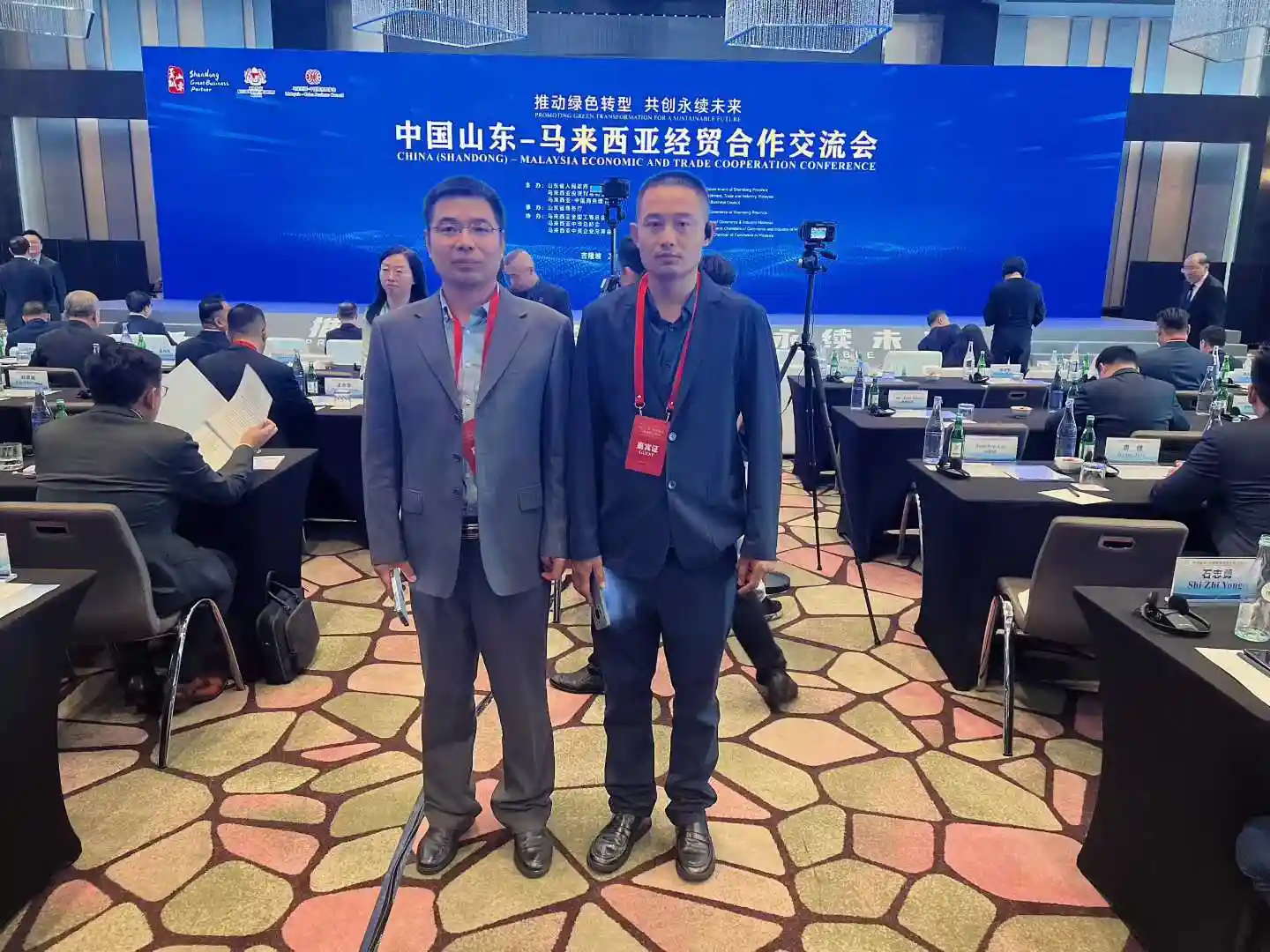
In his speech, Mr. Zheng Xuefang, Chargé d’Affaires ad interim of the Chinese Embassy in Malaysia, stated that Shandong is not only a crucial cradle of Chinese civilization but also one of China’s most economically dynamic provinces. He highlighted Shandong’s robust industrial foundation and comprehensive range of manufacturing sectors, with “Shandong Manufacturing” and “Shandong Creation” gaining global recognition. Noting the vitality of Shandong’s outward-oriented economy and Malaysia’s role as a key regional hub for trade and investment, Mr. Zheng emphasized the shared commitment of both sides to seeking development through openness and mutual benefit through cooperation, characterizing them as strong partners in the Belt and Road Initiative. He described the collaboration between Shandong and Malaysia as a partnership for industrial upgrading and kinetic energy conversion, an alignment of the principles of open cooperation and mutual benefit, and a dialogue between the birthplace of Confucian civilization and a significant representative of Islamic civilization. With this year marking the beginning of a new “Golden 50 Years” for China-Malaysia relations, Mr. Zheng expressed confidence that Shandong-Malaysia cooperation is poised to embrace new opportunities. He encouraged more Shandong enterprises to invest in Malaysia and welcomed more Malaysian businesses to explore opportunities in Shandong.
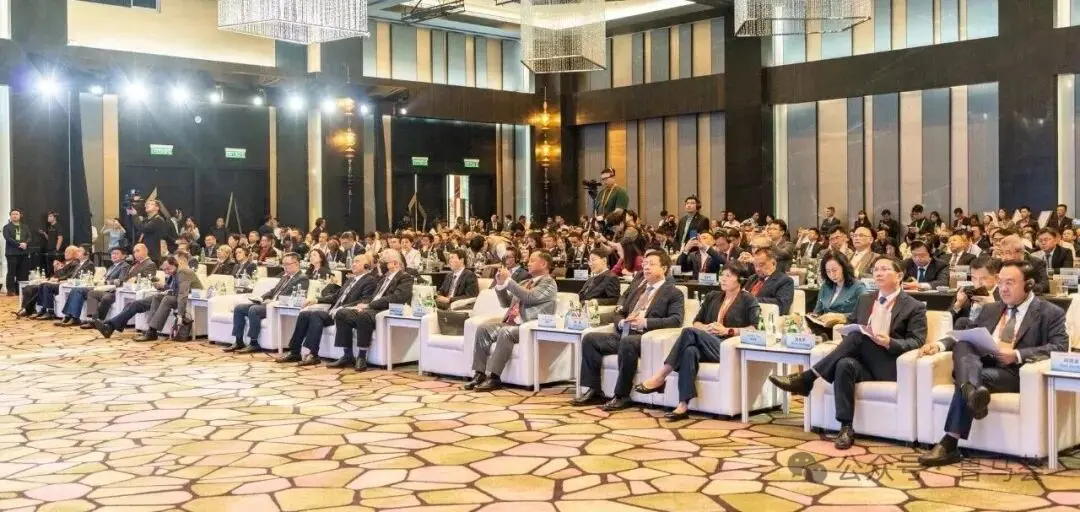
Mr. Lin Wu, Secretary of the Shandong Provincial Party Committee, noted that economic and trade ties between Shandong and Malaysia are growing increasingly close, with Malaysia having become Shandong’s largest trading partner within ASEAN. He expressed Shandong’s willingness to work with Malaysia to deepen collaboration in industrial and supply chains, continuously expand two-way investment, and strengthen cooperation in sectors such as chemicals, energy, and electronic information. He also proposed exploring broader trade markets by vigorously developing new forms of business like cross-border e-commerce to cultivate more growth points; jointly enhancing maritime cooperation advantages by strengthening collaboration in port construction, marine transportation, and marine industry synergy and innovation to bolster the blue economy; and enhancing cooperation in emerging fields by actively aligning with Malaysia’s strategies such as its digital plan and energy transition, deepening collaboration in artificial intelligence, integrated circuits, and clean energy development, thereby injecting strong momentum into each other’s development.
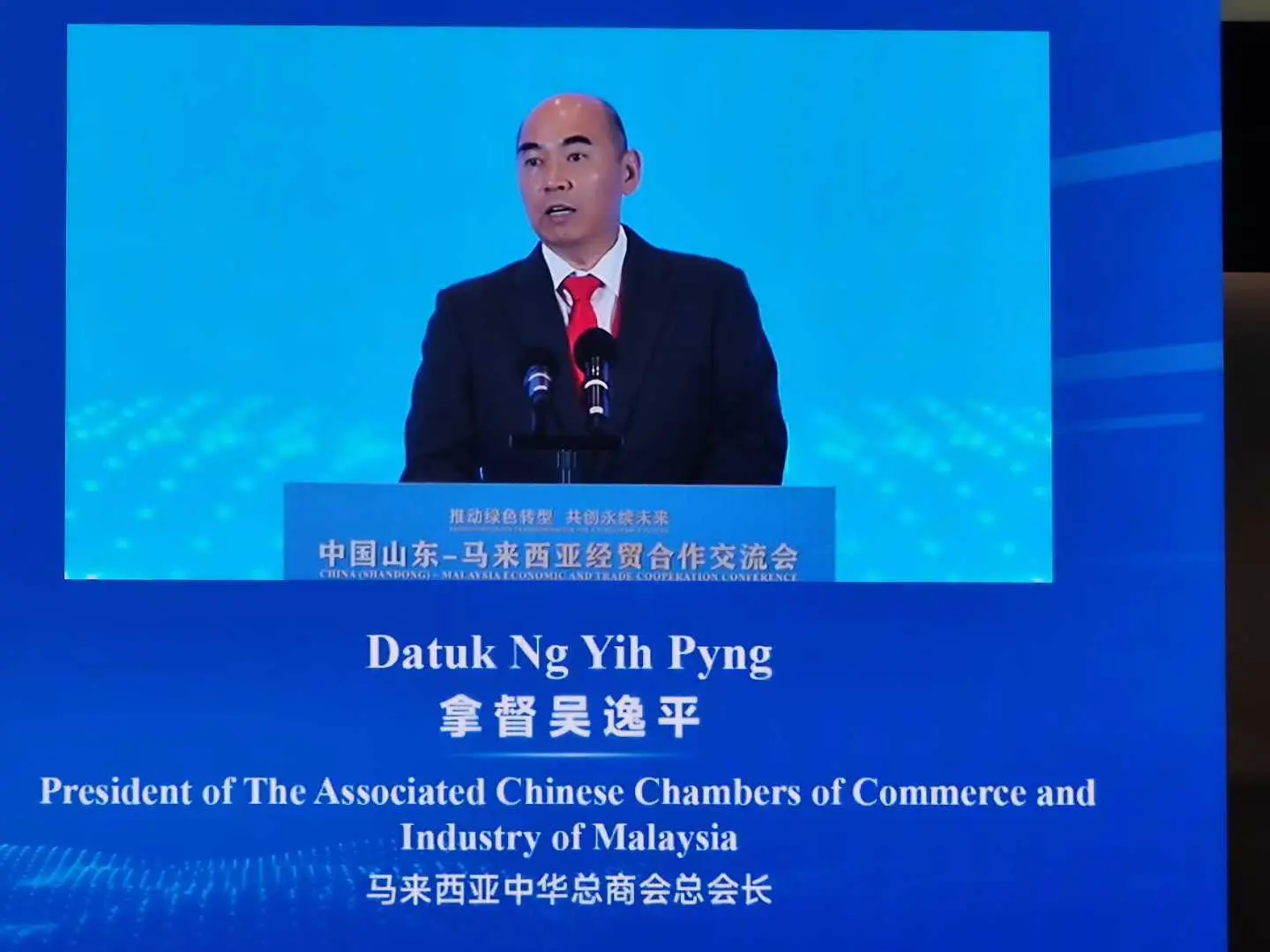
YB Mr. Chang Lih Kang, Minister of Science, Technology and Innovation of Malaysia, emphasized Malaysia’s commitment to driving energy transition and sustainable growth, actively developing its hydrogen economy, renewable energy technologies, and biotechnology. He expressed hope that both sides would strengthen cooperation in advanced materials, smart agriculture, and aquaculture, combining Malaysia’s innovation ecosystem with Shandong’s industrial strengths to contribute to sustainable development for both countries and the region.
IMEX Sourcing has always placed high importance on cooperation and development within the ASEAN region, particularly in Malaysia. Over the years, the company has provided product resources – including power machinery, energy equipment, construction machinery and materials, and agricultural equipment – to dozens of Malaysian clients. These products align with Shandong’s key industrial strengths and have earned a strong reputation among clients both domestically and internationally, making a unique contribution to Shandong-Malaysia commercial cooperation. In recent years, IMEX Sourcing has actively seized opportunities presented by national strategies like the Belt and Road Initiative and RCEP. Through global layout and industrial synergy, the company has promoted the export of its products and services to over 60 countries and regions worldwide, achieving healthy development through integrated domestic and international cycles. Moving forward, IMEX Sourcing will adopt a broader global perspective, proactively seize opportunities arising from economic transformation and innovation-driven development, further accelerate its “Going Global” strategy, continuously expand its business coverage, foster new competitive advantages in international cooperation, explore new spaces for international collaboration, and actively contribute to promoting high-quality development of the Belt and Road Initiative.
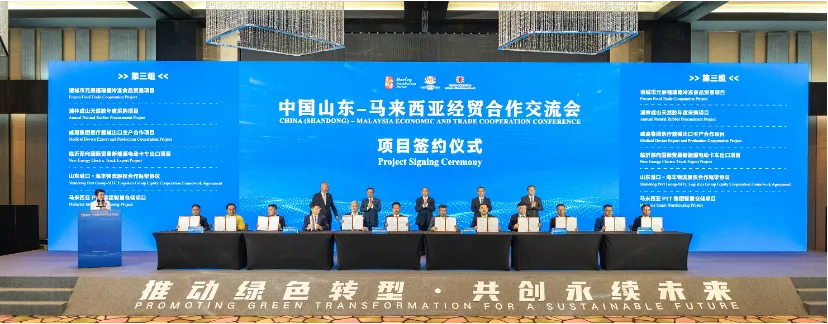
The China (Shandong) – Malaysia Economic and Trade Cooperation Conference was organized by the Shandong Provincial People’s Government, the Ministry of Investment, Trade and Industry of Malaysia, and the Malaysia-China Business Council. It was undertaken by the Department of Commerce of Shandong Province, and co-organized by the National Chamber of Commerce and Industry of Malaysia, the Associated Chinese Chambers of Commerce and Industry of Malaysia, and the Malaysia China Enterprises Association. The meeting attracted over 400 participants from relevant government departments, business associations, and key enterprises of both countries, all witnessed the signing of 22 commercial projects. Adhering to the principle of “pragmatic engagement,” the meeting successfully worked towards further expanding cooperation scale in emerging areas such as agricultural product deep processing and green energy.
This Conference has opened a new window of cooperation between Shandong and Malaysia, facilitating the progression of sub-national collaboration from conceptual exchange to strategic alignment. It is anticipated that more practical outcomes will be achieved in the future across industrial, economic, trade, and people-to-people domains.